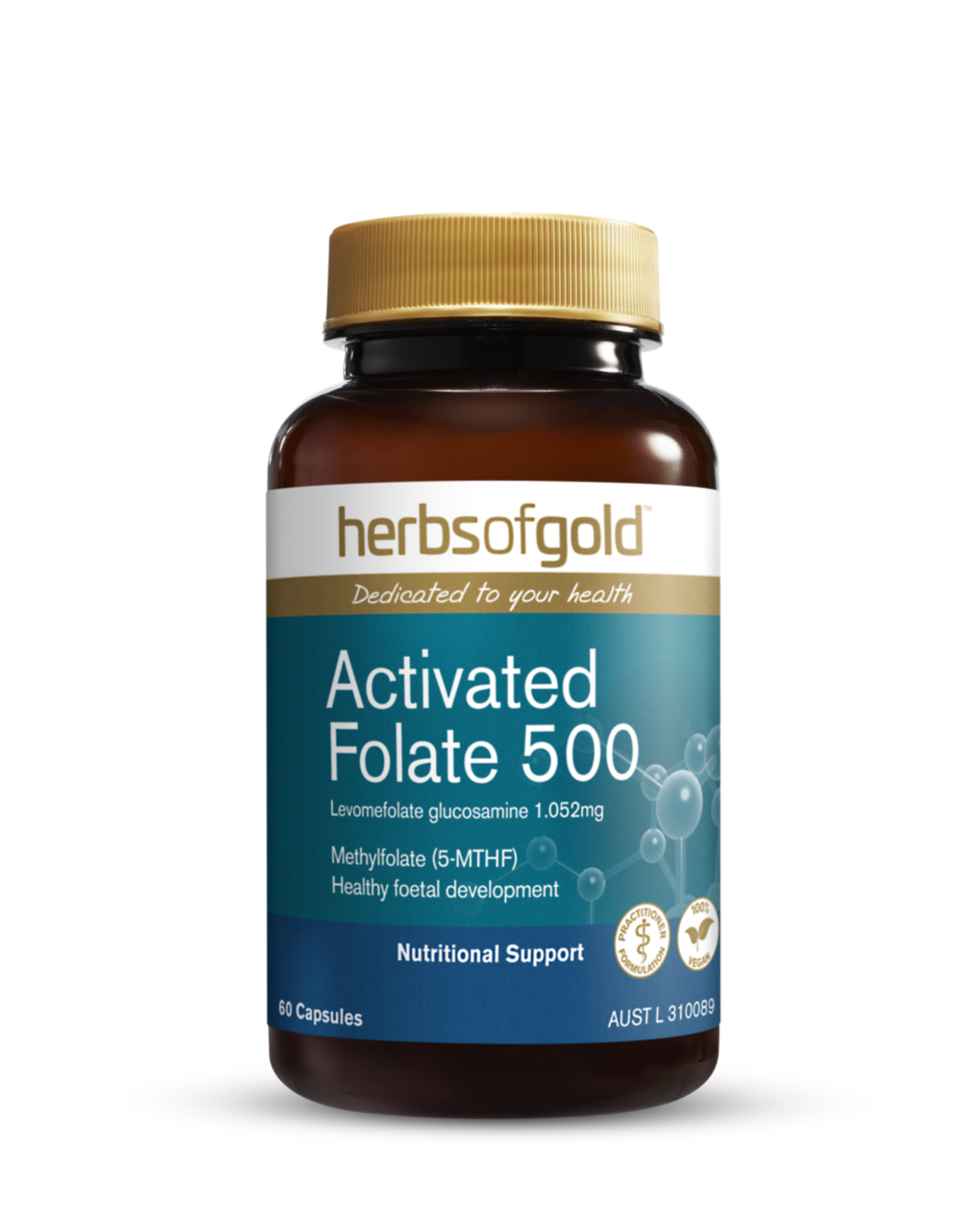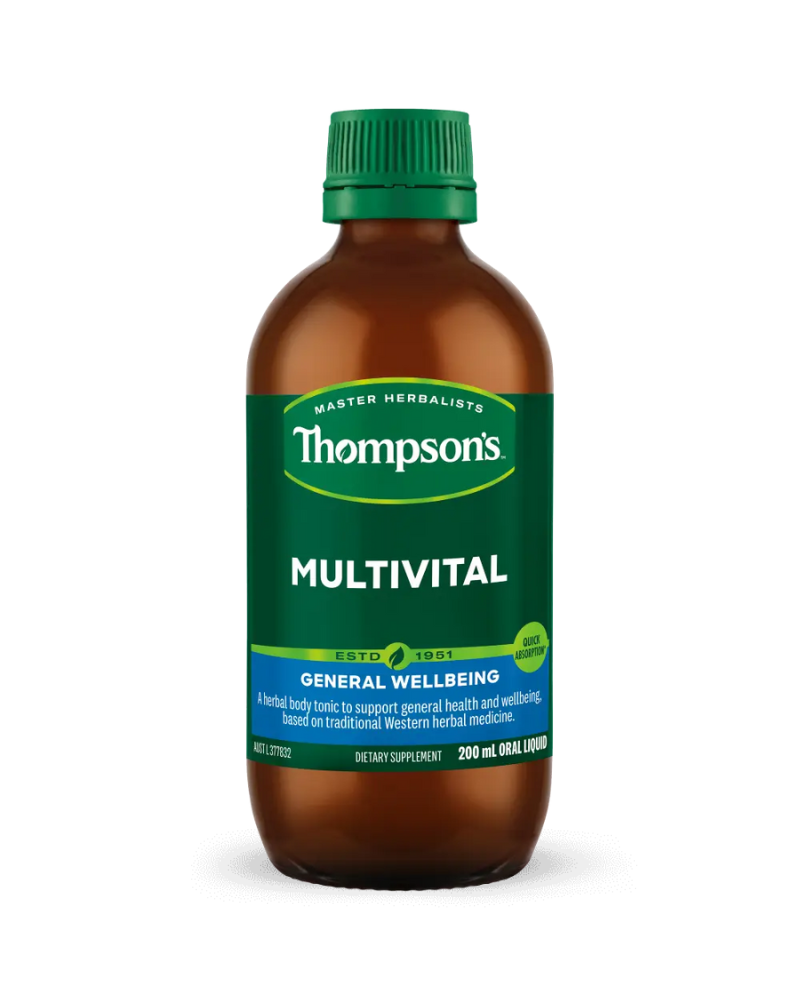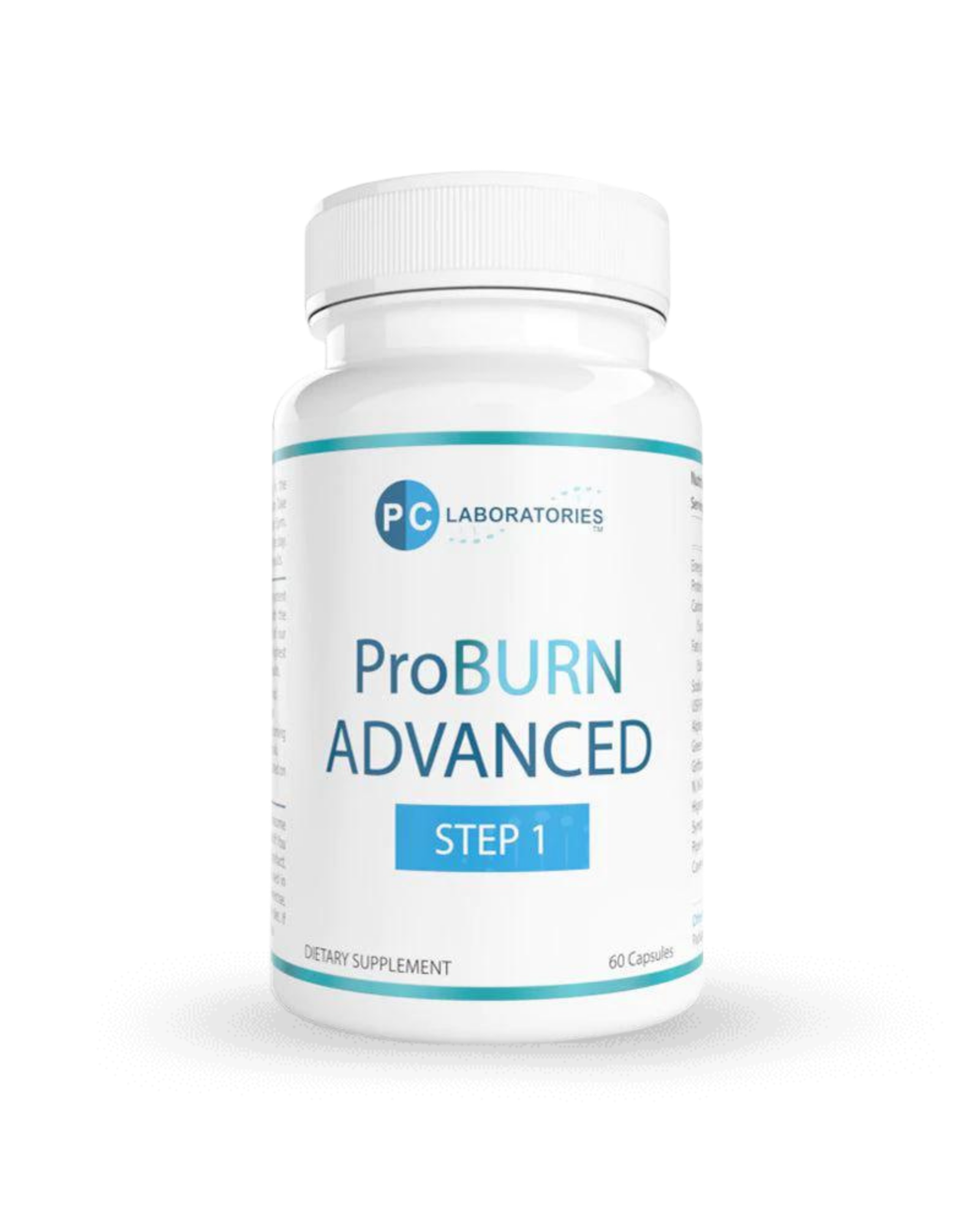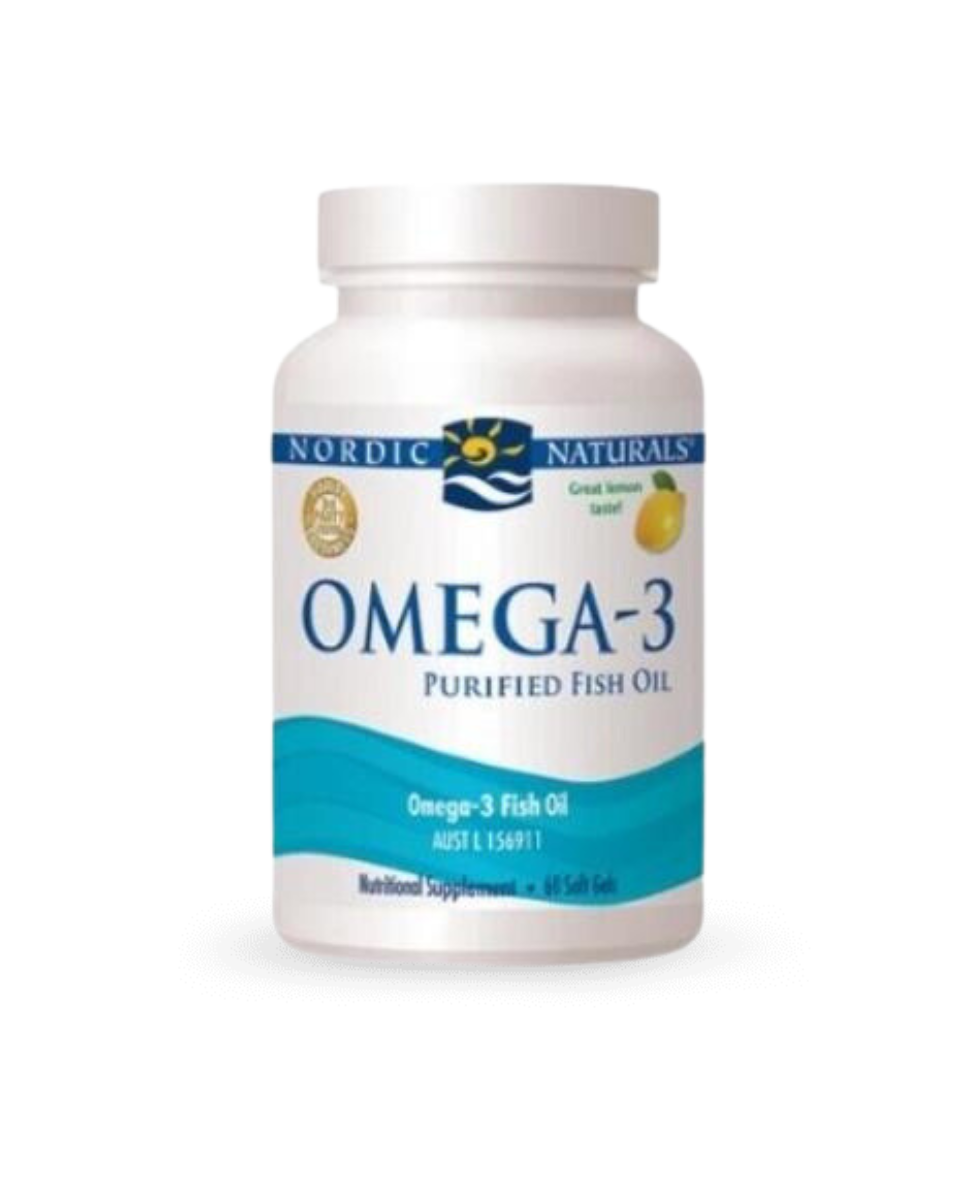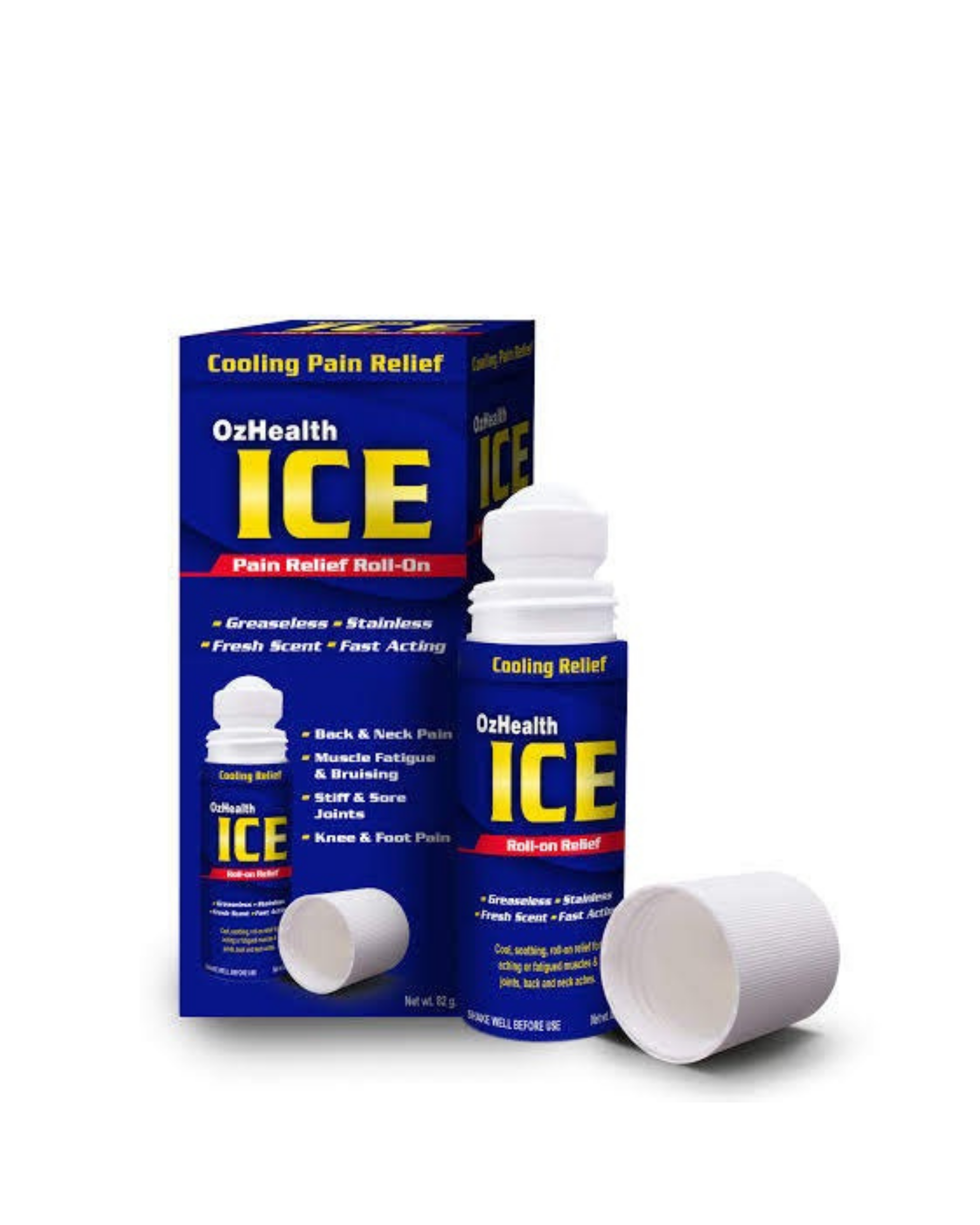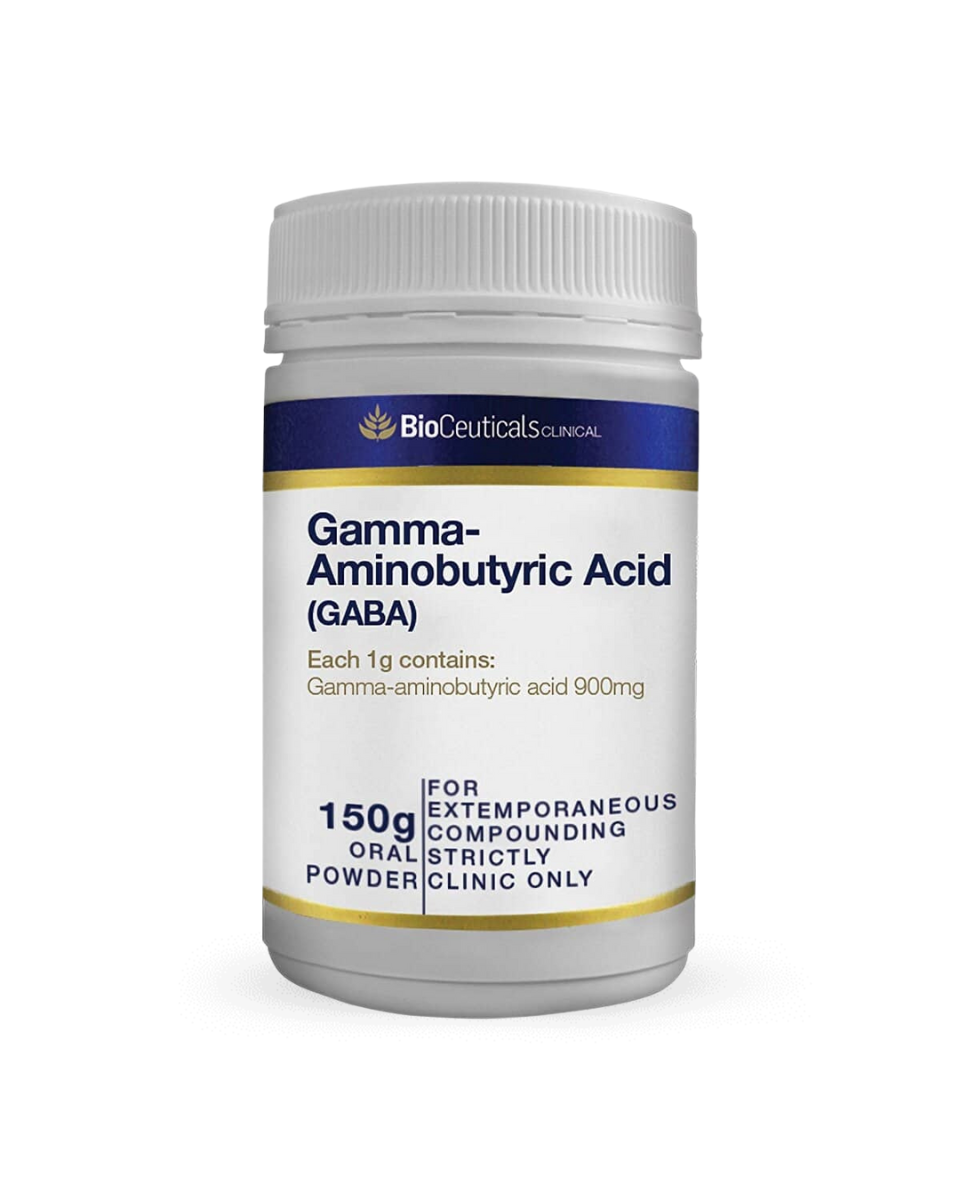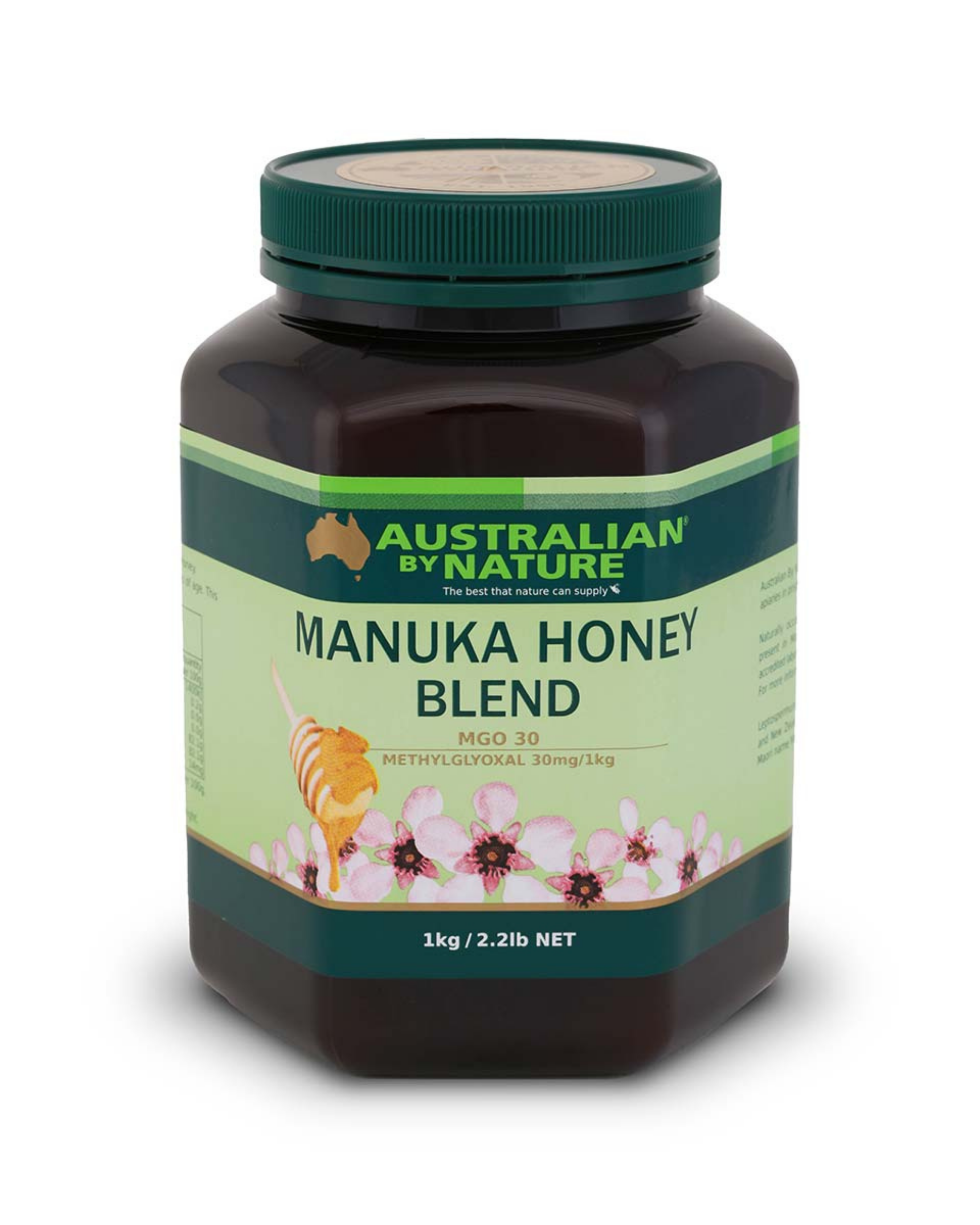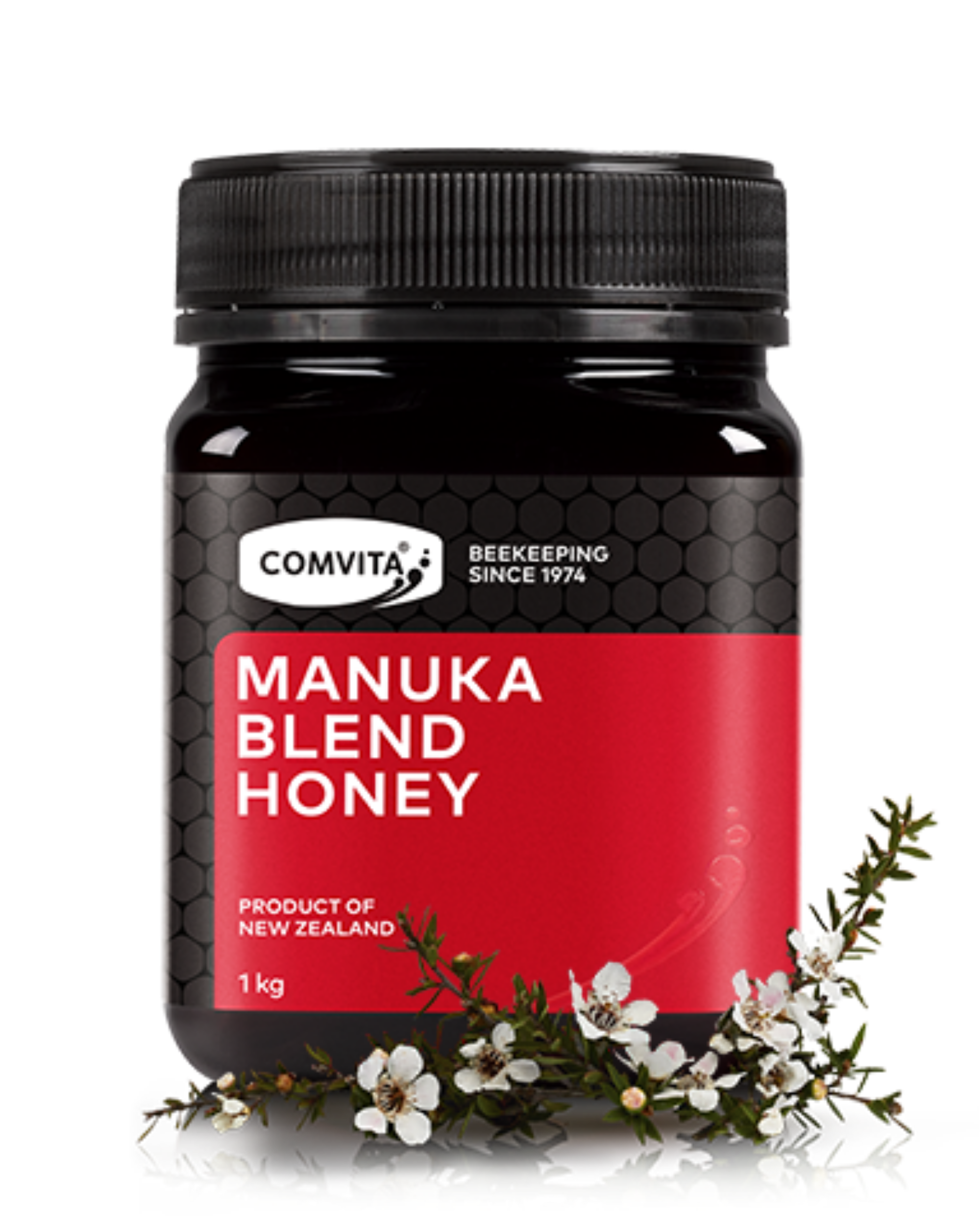
L-Glutamine: Maximizing Muscle, Gut, and Immune Health
Introduction
L-Glutamine, the most abundant amino acid in the human body, plays a pivotal role in numerous physiological processes. From enhancing muscle recovery and supporting gut health to boosting immune function, L-Glutamine is a powerful ally in achieving overall well-being. Let’s explore its science-backed benefits and applications.
Understanding L-Glutamine
L-glutamine serves as a building block for proteins and supports various metabolic functions. Essential for muscle repair and growth, it also fuels rapidly dividing cells in the immune system and intestinal lining, contributing to immune health and gut integrity.
Key Benefits of L-Glutamine
- Muscle Growth and Recovery: L-Glutamine aids muscle protein synthesis, reduces muscle breakdown, and accelerates recovery after exercise or injury, making it ideal for athletes.
- Gut Health: Strengthens the intestinal lining, repairs damaged tissue, and supports beneficial gut bacteria, promoting digestive health and reducing the risk of gastrointestinal issues.
- Immune Function: Enhances immune cell activity, supports antibody production, and regulates inflammation, improving the body’s defences during stress or illness.
- Stress Management: Replenishes depleted glutamine levels during physical or mental stress, helping the body recover and adapt effectively.
Dietary Sources of L-Glutamine
- Natural Sources: Found in protein-rich foods such as meats, poultry, fish, eggs, dairy products, nuts, and legumes.
- Supplementation: Powder and capsule forms of L-Glutamine are available to meet therapeutic doses for specific health needs.
Recommended Intake of L-Glutamine
Dosages typically range from 5 to 20 grams per day, divided into smaller doses for optimal absorption. Consult a healthcare professional to determine the ideal dosage based on your health goals.
FAQs About L-Glutamine
-
Q: What is L-Glutamine?
A: A conditionally essential amino acid that supports muscle repair, gut health, immune function, and stress adaptation. -
Q: How does L-Glutamine benefit gut health?
A: It strengthens the intestinal barrier, repairs tissue, and promotes the growth of beneficial gut bacteria. -
Q: Can L-Glutamine help with muscle recovery?
A: Yes, it aids in muscle protein synthesis and reduces muscle breakdown, accelerating post-exercise recovery. -
Q: Are there food sources of L-Glutamine?
A: Yes, it’s naturally found in protein-rich foods such as meats, fish, dairy, and legumes.
Conclusion
L-glutamine is a versatile amino acid offering benefits for muscle recovery, gut health, immune function, and stress management. Whether through food or supplements, incorporating L-Glutamine into your routine can help optimize your overall well-being. Understanding its potential empowers individuals to enhance their health and vitality effectively.
Disclaimer
The information provided in this article is for educational purposes only and is not intended as medical advice. Always consult a healthcare provider before starting any new supplement regimen, especially if you have pre-existing medical conditions or are on medication.
Related Posts
References
- Newsholme, P., et al. (2003). Glutamine and glutamate as vital metabolites. Brazilian Journal of Medical and Biological Research, 36(2), 153-163.
- Roth, E. (2008). Nonnutritive effects of glutamine. Journal of Nutrition, 138(10), 2025S-2031S.
- Wilmore, D. W. (2001). The effect of glutamine supplementation in trauma, surgery, and intensive care patients. Journal of Nutrition, 131(9), 2543S-2549S.
- Souba, W. W. (1991). Glutamine: A key substrate for the splanchnic bed. Annual Review of Nutrition, 11(1), 285-308.





